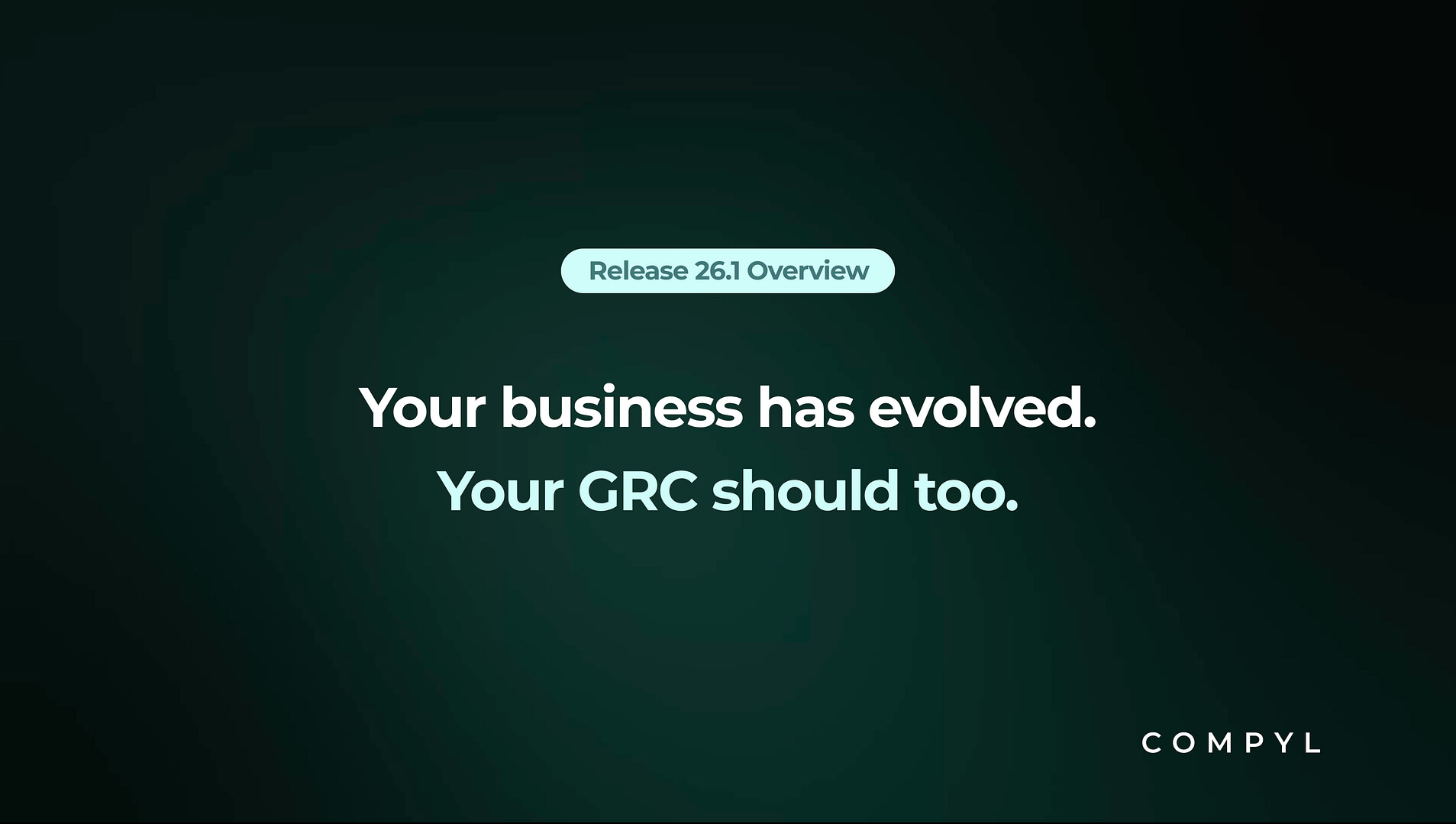In any business, contract management is one of the most important aspects of keeping a healthy and thriving momentum in the company. Regular contracting means that your business is working with other companies or clients to deliver the product or service you provide, but the amount of time and energy that each contract can take up is notable.
Because contracts are typically a behind-the-scenes, back-office part of doing business, it’s easy for their management to get put on the back burner or neglected. However, managing them well is key to achieving a smooth and successful business operation.

4 Considerations To Improve Your Contract Management System
There are many aspects of contracts that need to be addressed in a good management system. When you’re looking to tighten up your company’s system, it’s important to get organized and think about the big picture to make sure you aren’t overlooking anything. Here are four important considerations for optimizing your system for managing contracts.
1. Embrace Communication
Successful contract management involves strong communication. From the outset, you and your team need to commit to making communication with clients, employees, and contractors a top-tier priority. Without good communication, even the best contracts can seem vague to one or both parties or be forgotten altogether.
One aspect of this is making sure that your contracts themselves are clear and understandable. Some of that clarity will come from conversations and emails that aren’t included in the documents themselves, but those documents need to be well-organized and usable to serve all parties involved well.
As part of your process of creating any contract, there also needs to be a robust plan in place for contract managers to communicate with the other party about expectations, timelines, and contract specifics. If it’s a contract involving a building project, for example, budgets, personnel, schedules, and more need to be painstakingly considered so that the other business (or contractor) isn’t surprised later on.
By communicating well, you’ll ensure that other businesses and individuals will be able to rely on you and your business. Building that kind of reputation in your industry will pay dividends and set your company up for success.
2. Keep Compliance in Mind
Another (and often overlooked) aspect of contract management is compliance. If there are regulations or legal requirements for certain aspects of any given contract, your business must have the know-how to navigate those. This is vital for both industry-specific things like large construction projects and more generic things such as the hiring process.
Good compliance shows other parties that your business is knowledgeable and takes contracts seriously. It helps to ensure that no legal issues will arise later on, potentially saving your company big money. It can also directly impact the safety of your employees, both physically and financially. The last thing you want is to overlook compliance and end up with a lawsuit on your hands that could have easily been avoided for everyone’s sake.
If your business is currently lacking the know-how to be confident in compliance, it’s well worth the cost to bring in a professional who can help you figure things out and draw up the contract templates you need with the right considerations. This may mean finding a legal consultant, meeting with a long-time industry professional who has experience in your area of business, or some combination of both. Don’t overlook compliance in your contracts and end up paying for it later.
3. Use Software Effectively To Improve Efficiency

In this day and age, it’s no surprise that software is available to make managing your contracts much easier. It’s a huge benefit to utilize contract management software that is dedicated to handling the specific tasks needed for this kind of work. Use it to help you keep your team on task, ensure that everything is logged and recorded properly, and measure the success of your contracts over time. Furthermore, software is available that can easily integrate with your other work platforms, keeping everything connected and efficient for your team.
Software is also helpful because it keeps different team members united in their approach to contract management. When all of your employees are using the same software, the process of management becomes more streamlined, which will in turn improve consistency and efficiency for everyone.
When you’re introducing new software to your business, be sure to provide training for your team so that everyone can stay on the same page. It’s amazing what one or two short sessions of training can do for a team’s ability to operate successfully.
4. Measure and Evaluate Regularly
Finally, to really succeed in the long term, you need to be able to measure the results of your contracts themselves as well as your contract management system. On a monthly or quarterly basis, step back and assess whether there are contracts that are incomplete, need follow-ups, or were never fulfilled by one or more parties. Meet with your management team to brainstorm how to best fill in these gaps and prevent them from happening again. Keep a record of how many of your contracts present issues over time to know whether your team is improving.
This kind of regular evaluation is good practice for any aspect of running a business, but for contracts, it’s especially important because their management can directly impact the financial bottom line of a company. Disorganized contracts can mean too much money going out, not enough coming in, and other costly mistakes that will take up time, energy, and finances to fix.
Improve Your Contract Management With Compyl
Contracts involve more than just conversations and paperwork; regulations and budgets create an infinite number of specifications that need to be organized and handled with care. Individual business needs also present unique situations that your company may never have encountered before.
If you’re looking to prepare your team well for these scenarios by improving your contract management administration, contact Compyl to find out how our groundbreaking platform can upgrade your system to achieve better communication, compliance, and consistency.




